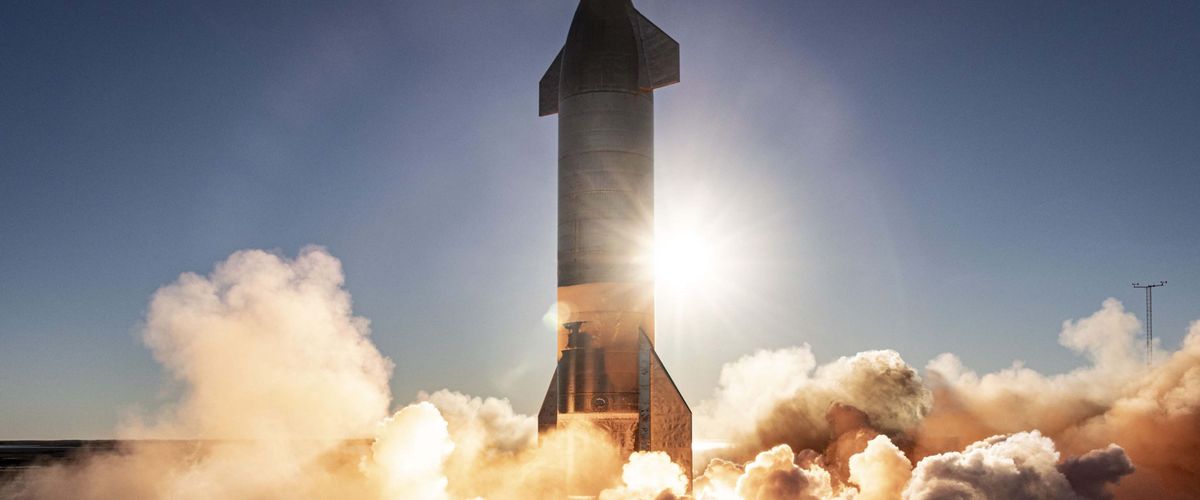Concentration in Aerospace Engineering
Preparing students for careers in aircraft and engine design, avionics, aircraft and spacecraft materials, and safety systems.
Degree Type
- Undergrad Concentrations
Minimum Requirements
- 3 Courses
- 12 Credits
Formats
- In-Person
Location
- On-Campus
Aerospace engineering covers the design, construction and science of aircraft and spacecraft. Designed for undergraduate mechanical engineering majors, the aerospace concentration offers students a mechanical engineering degree foundation and specialized training in the aerospace discipline. Coursework will focus on aerospace fundamentals, including fluid mechanics, aerodynamics, controls, materials, propulsion, vector spaces, linear transformations and the fundamentals of probability and statistics. The required courses will provide an introduction to the processing steps required in aerospace development, with a focus on the design, scheduling, budgeting and building of a specified project.
The 12-credit concentration is available to students with a declared major or minor in Mechanical Engineering. The concentration is noted on students’ official transcripts and will prepare students for careers in aircraft and engine design, avionics, aircraft and spacecraft materials, and safety systems.
It is recommended that students interested in pursuing a Concentration in Aerospace Engineering declare their concentration as early as possible in their degree program in order to facilitate course planning, but in no case later than May 1 of a student’s junior year. Specific courses are required for all Advanced Elective requirements within the Mechanical Engineering degree. In addition, students must complete an experiential project related to Aerospace Engineering.
Concentration requirements:
1. Three courses (12 credits) selected from the following list. Students are expected to obtain the necessary background (prerequisites or equivalents) to complete their concentration courses. Any course required (by name/course number) as part of the major (excluding Technical/Advanced/Electives) cannot be counted toward the three courses (12 cr) required to fulfill the concentration.
ENG ME 309 – Structural Mechanics
ENG ME 406 – Dynamics of Spaceflight
ENG ME 421 – Aerodynamics
ENG ME 425 – Compressible Flow & Propulsion
ENG ME 403 – Atmospheric Flight Mechanics and Control
ENG ME 408 – Aircraft Performance & Design
ENG ME 441 – Mechanical Vibration
ENG ME 515 – Vibration of Complex Mechanical Systems (requires ENG ME441 as a prerequisite)
CAS AS 414 – Solar and Space Physics
2. Experiential Component Requirement
Completion of a well-defined experiential component in the aircraft or spacecraft area. A senior design project, laboratory research, industrial internship or a directed study can satisfy this requirement. This requirement must be approved by the Concentration Coordinator and the Experiential Component Approval form must be submitted to the Undergraduate Records Office. After its completion, a written summary of the experiential component must also be submitted for approval (see Experiential Component Approval form for more information).
Resources
Declaration
Experiential Component Proposal
Experiential Component Summary
Experiential Component Instructions
SARA Complaint procedures
Contact
Undergraduate Programs & Records Office: 617-353-6447 or engrec@bu.edu.
Concentration Coordinator: Prof. Ray Nagem (nagem@bu.edu)
